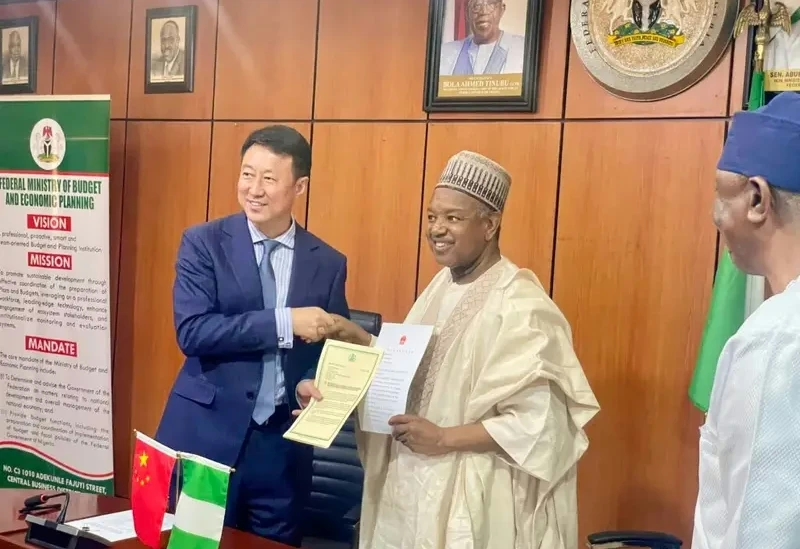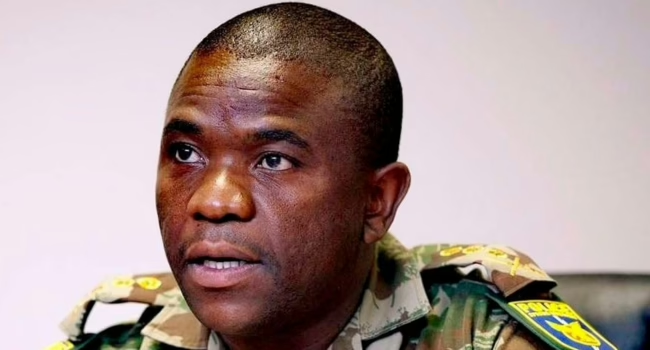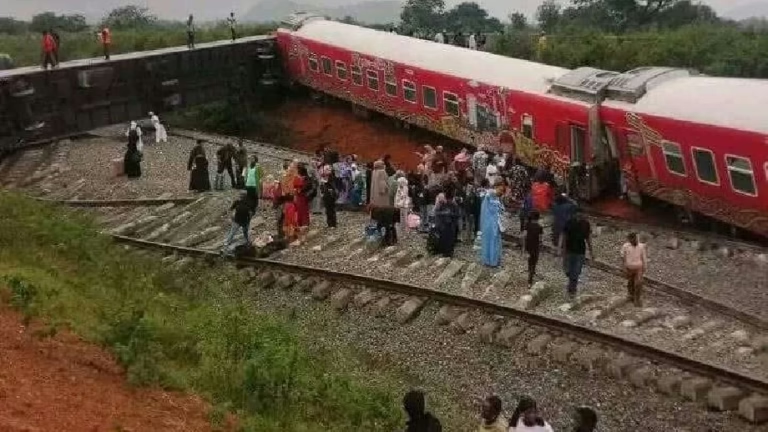Transportation Minister Forms Panel to Probe August 2025 Train Derailment
Senator Said Ahmed Alkali, Nigeria’s Minister of Transportation, has established a 12-member investigative committee to thoroughly examine the causes behind the abuja-kaduna-train-derailment-photos-video/” title=”Chaos Erupts as …-Kaduna Train Derails – Shocking Photos and Video Inside!”>train derailment that occurred on August 26, 2025. This initiative aims to uncover both the immediate triggers and underlying factors that led to the accident.
Mandate of the Investigation Committee
The appointed panel is tasked with conducting a comprehensive analysis of the derailment incident and proposing actionable strategies to prevent future occurrences. Their scope also includes recommending improvements to bolster the safety standards and operational efficiency of Nigeria’s rail transport system.
Committee Composition and Leadership
According to a press release from the Ministry’s Director of Press, Janet McDickson Noah, the committee is chaired by Musa Ibrahim, Director of the Office of the Permanent Secretary. Other members include:
- Prof. Danwaka Shuaibu, Technical Adviser to the Minister
- Engr. Zirra Finbar, Director of Road Transport Services
- Barr. Omotola Olusegun, Director of Legal Services and Committee Secretary
- Dr. Kayode Opeifa, Managing Director of the Nigerian Railway Corporation (NRC)
- Engr. I.A. Ebuniwe, Railway Inspector
- Representatives from Technics Engineering Architecture Marketing Nig. Ltd and CCECC
- Delegates from Civil Society Organizations
- Two passenger representatives (one male, one female)
NRC Managing Director Accepts Responsibility and Updates on Passenger Welfare
In a candid interview on Channels Television’s “The Morning Brief” aired Wednesday, Dr. Kayode Opeifa, NRC’s Managing Director, publicly assumed full accountability for the derailment that took place shortly after the Abuja-Kaduna train departed from Abuja.
Commitment to Transparency and Safety
Dr. Opeifa emphasized the importance of safety in rail operations, stating, “There is no tolerance for complacency when it comes to passenger safety. As the chief executive, I must take ownership of this incident, and I do so unequivocally.”
Passenger Impact and Follow-Up Measures
While no fatalities were reported, four passengers sustained serious injuries, with two others discharged promptly. Dr. Opeifa expressed gratitude for the absence of loss of life, describing it as a “near miss” given the severity of the accident. He assured the public that the NRC will maintain contact with all 618 passengers on board to address any ongoing physical or psychological effects resulting from the derailment.
Context and Broader Implications for Nigerian Rail Transport
This derailment incident highlights ongoing challenges within Nigeria’s rail infrastructure, which has seen increased usage in recent years. According to the Nigerian Bureau of Statistics, rail passenger traffic surged by 15% in 2024, underscoring the critical need for enhanced safety protocols and infrastructure upgrades.
In response to the derailment, the Nigerian Railway Corporation temporarily suspended Abuja-Kaduna train services to conduct safety audits and maintenance checks, aiming to restore public confidence in rail travel.
Looking Ahead: Strengthening Rail Safety
The investigative committee’s findings are expected to inform policy reforms and operational improvements. Potential measures include the adoption of advanced track monitoring technologies, enhanced staff training programs, and stricter regulatory oversight to mitigate risks and ensure safer journeys for Nigerian commuters.























0 Comments